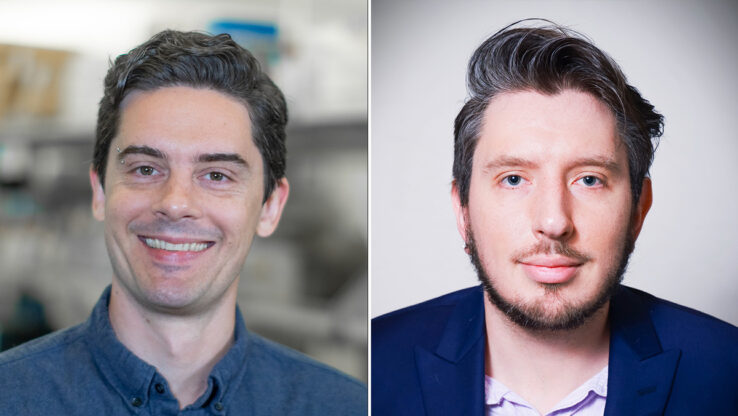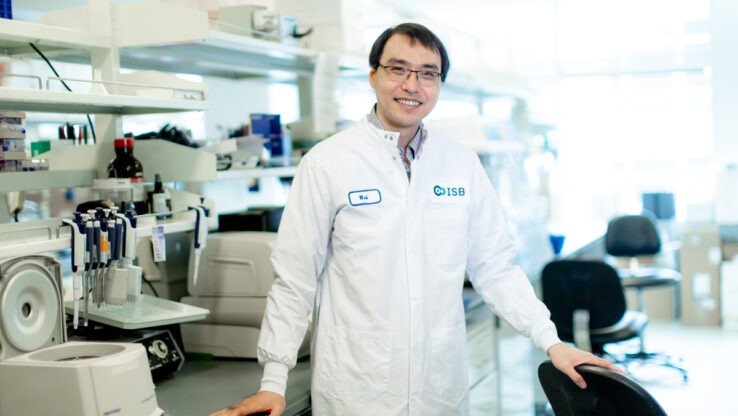Beyond the Scale: How Multiomics and Biological BMI Can Help Achieve Optimal Health
 isbscience.org/news/2023/05/02/beyond-the-scale-how-multiomics-and-biological-bmi-can-help-achieve-optimal-health/
isbscience.org/news/2023/05/02/beyond-the-scale-how-multiomics-and-biological-bmi-can-help-achieve-optimal-health/In the mid-1800s, a Belgian mathematician developed what would eventually become the body mass index (BMI). This equation – calculated by dividing a person’s weight in kilograms by height in meters squared – has been an informative tool to determine if an individual is underweight, normal weight, overweight or obese. However, classical BMI is known to misclassify one-third of the population.
ISB researchers have constructed a biological BMI that provides a more accurate representation of metabolic health and is more varied, informative and actionable than long-used classical BMI.
ISB Senior Research Scientist Dr. Noa Rappaport, senior author of the biological BMI research that was recently published in Nature Medicine, talked about biological BMI in an ISB Research Roundtable presentation titled “Beyond the Scale: How Multiomics and Biological BMI Can Help Achieve Optimal Health.” You can watch her presentation here, or by clicking play on the video above. You can learn more about biological BMI by reading our ISB news story.
Research Roundtable
ISB hosts several Research Roundtable conversations each year to feature our leading scientists discussing their latest research. These free virtual events are designed for non-scientists, and are open to anyone interested in the topics.
Past Research Roundtable topics include complex bacterial communities, the gut microbiome, long COVID, the impact of COVID-19 on pregnancy, Alzheimer’s disease, finding drugs to treat tuberculosis, identifying markers for cancer years before diagnosis, and many more.
You can explore all past Research Roundtable talks and our other events here.






